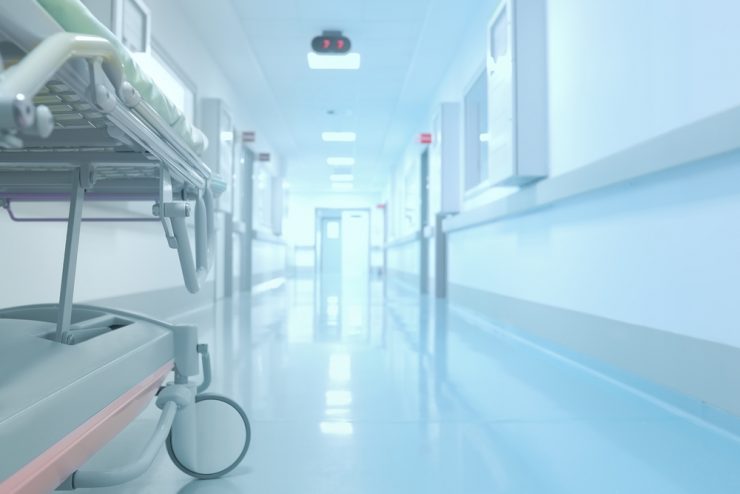Recognizing the early signs of colon cancer can be challenging, since they all can be caused by other conditions, and may not stand out to patients as being particularly of concern.
There are two major categories of symptoms, and they relate to which side or portion of the colon is impacted. In the larger right colon, early signs tend to be caused by slow, continuous blood loss. In the tighter left colon, early signs are more typically gastrointestinal and relate to defecation, stool consistency, and various types of pain.
In the first category, specific signs might include sudden, unexplained weight loss, iron-deficiency anaemia, fatigue or persistent tiredness, shortness of breath, or a feeling of weakness.
In the second category are changes in defecation such as diarrhoea and constipation, a feeling that the bowel didn’t empty fully or a continuous or overly frequent need to defecate, painful elimination, rectal bleeding, or gas, cramping or bloating. Changes in stool such as blood or a different consistency or form are also of concern.
All of these symptoms can have other causes and, in and of themselves, do not support a colon cancer diagnosis, but they are cause for concern and should be investigated. Additional signs such as pain or discomfort in the abdomen, urinary tract or bladder infections, swollen lymph nodes, or jaundice can also be associated with colon cancer, but are not generally considered early signs because they are caused when the cancer has spread to surrounding organs and tissue in the later stages of colon cancer.
Regular screening is recommended for older adults, and especially men, since patients may not experience, perceive, or report early signs of colon cancer, and the earlier the cancer can be identified and removed, the better the long-term prognosis.











